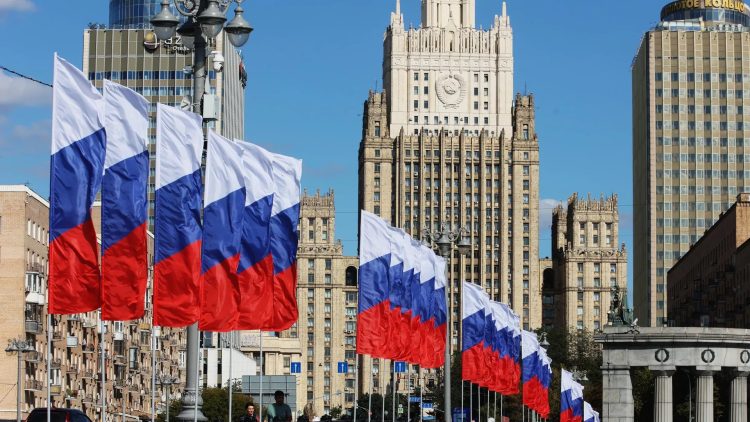‘Department Of European Problems’: Russian Foreign Ministry Renames Key Wing | World

Moscow: In a tongue-in-cheek gesture amid its growing tensions with its western neighbours, the Russian Foreign Ministry has renamed its Department of European Cooperation as the Department of European Problems (DEP) – on its website.
The changes to the structural diagram on the ministry’s webpage were made earlier this week but only reported by Russian media on the weekend, as per RT.
However, notwithstanding the renaming, the department, which deals with matters of “international European organisations” such as the OSCE (Organisation for Security and Co-operation in Europe), the Council of Europe, the EU, and NATO, will do the same work as before.
However, the department renaming has only been done on the Foreign Ministry’s Russian version and the department’s name remains the same on the English, French, and German versions.
Russia’s relations with most European countries and organisations have deteriorated since 2014 since the change of regime in Ukraine and its takeover of Crimea, and gotten only worse since the conflict began with Ukraine in February 2022, in which the EU has been supporting Kiev with weapons and funds.
While Russia had held that the OSCE is in “a crisis situation” due to the inability of its members to find common ground on the most basic issues, it had withdrawn from the Council of Europe last year, contending that the West had hijacked the transnational grouping to further its interests.
EU nations, due to their support of Ukraine, participation in sanctions and other actions against Russia and its citizens, are seen by Moscow as “unfriendly” countries and NATO as a hostile military bloc.
During his meeting with Hungarian Prime Minister Viktor Orban in July, Russian President Vladimir Putin described the state of relations between Moscow and the EU as being “at its lowest point”.
(IANS)
Related
A New Book Argues That What Happens in Europe Doesn’t…
Remaking the World: European Distinctiveness and the Transformation of Politics, Culture, and the Economy by Jerrold Seigel “No issue in world
Poland plans military training for every adult male amid growing…
Poland’s prime minister, Donald Tusk, has said his government is working on a plan to prepare large-scale military training for every adult male in response t
2025 European Athletics Indoor Championships: Ditaji Kambundji secures women’s 60m…
Switzerland’s Ditaji Kambundji walked away from the 2025 European Athletics Indoor Championships in Apeldoorn on 7 March with much more than her first Europea
Takeaways from the EU’s landmark security summit after Trump said…
BRUSSELS (AP) — European Union leaders are trumpeting their endorsement of a plan to free up hundreds of billions of








